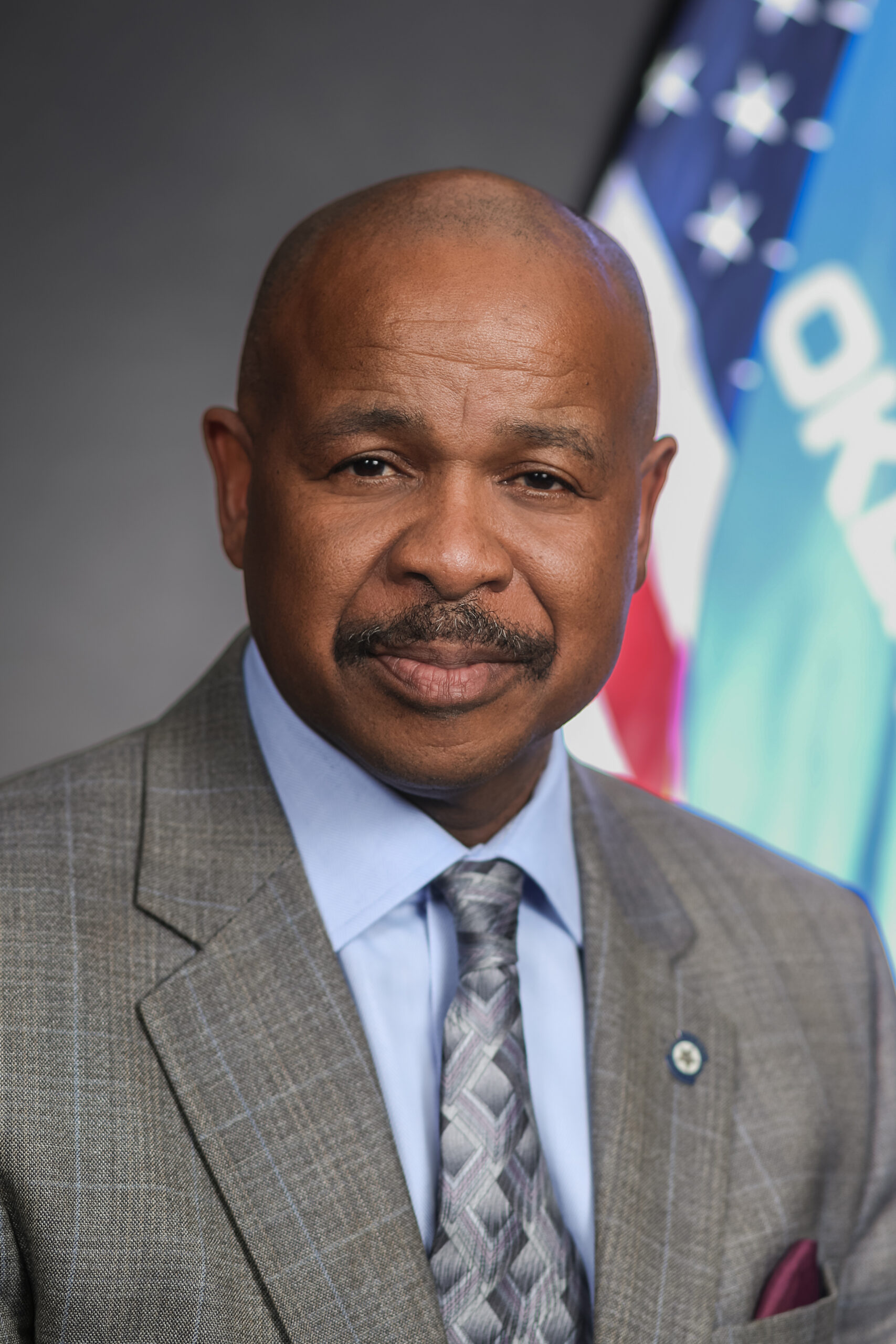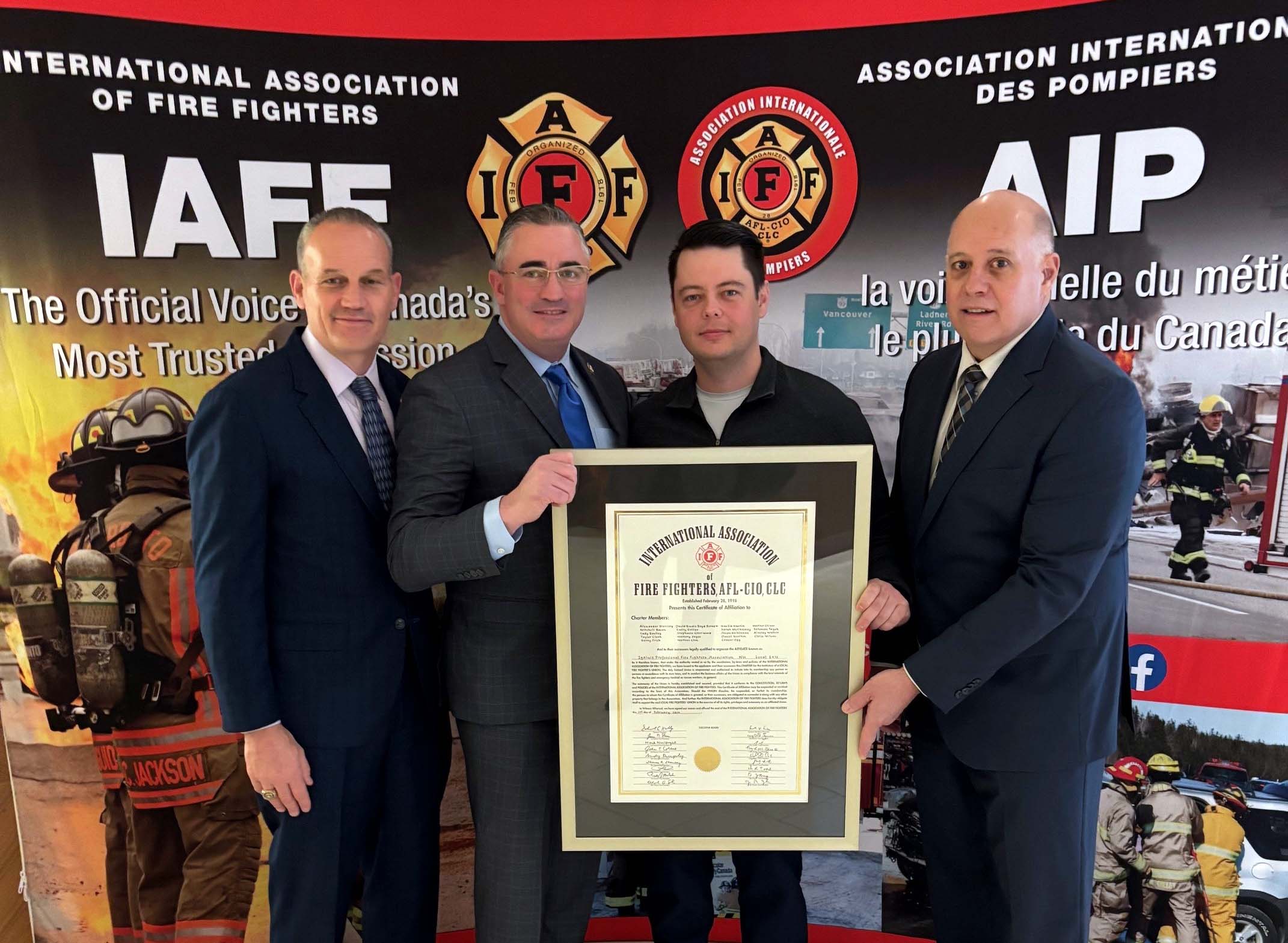The House Armed Services Committee voted to include a provision allowing federal fire fighters to swap shifts in the Fiscal Year 2022 National Defense Authorization Act (NDAA). The Federal Firefighters Flexibility and Fairness Act, HR 2059, was introduced in the House by Representatives by John Sarbanes (D-MD) last year. Through cooperative, bipartisan efforts, Representative Donald Norcross (D-NJ), with assistance from Representatives Rob Wittman (R-VA) and Mike Turner (R-OH), worked to include this IAFF priority in the larger NDAA package.
“By correcting a long-standing oversight, this important provision gives federal fire fighters greater flexibility to manage their long and arduous work schedules and create a better work-life balance,” says General President Edward Kelly. “Reflecting on my days as an Air Force fire fighter, I know the importance of this long-fought battle for parity with our state and municipal brothers and sisters.”
Since Congress amended the Fair Labor Standards Act (FLSA) in 1985, trade time has been permissible for state, local and municipal professional fire fighters. Trade time allows fire fighters – with the approval of their supervisor – to trade shifts without affecting the pay of either individual. The recently introduced legislation brings parity to the federal fire service.
Federal fire fighters work a 72-hour workweek, and many continue to operate on the antiquated 24-on 24-off shift schedule, which has a long history of disrupting the work-life balance. Within the federal fire service, the ability to shift swap is an incremental step towards harmonizing a modern, more family-friendly work life. In addition, the ability to trade shifts is expected to offset some of the negatives associated with the 72-hour workweek, including high levels of fatigue, behavioral health issues (typically found in cases of post-traumatic stress) and higher-than-average divorce rates.
The IAFF will continue to work with members of the U.S. Senate to advance this language in the Senate version of the FY-22 NDAA.



